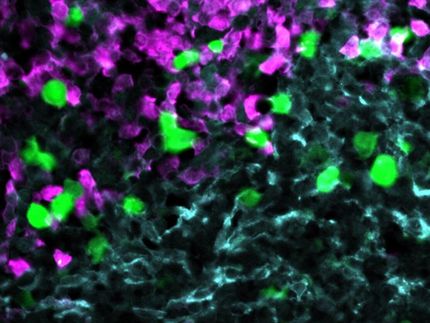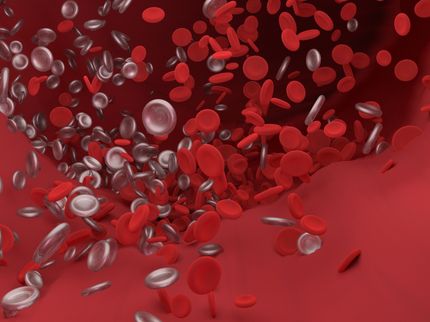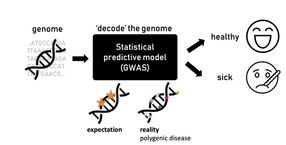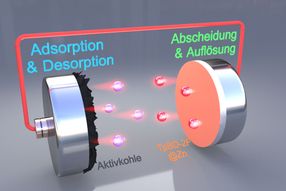European Medicines Agency recommends approval of two new treatment options for rare cancers
Imbruvica and Zydelig to be used in different forms of blood cancers
The European Medicines Agency's (EMA) Committee for Medicinal Products for Human Use (CHMP), at its July meeting, recommended granting marketing authorisations for two new medicines with novel mechanisms of action for the treatment of different forms of rare cancers of the blood.
Imbruvica (ibrutinib) and Zydelig (idelalisib) are recommended for authorisation in the treatment of adult patients with chronic lymphocytic leukaemia who have received at least one prior treatment, as well as a first-line treatment for patients with a specific genetic mutation that makes them unsuitable for chemo-immunotherapy.
Imbruvica, an orphan medicine, is also recommended for use in the treatment of adult patients with mantle cell lymphoma that has come back after previous treatments or is not responding to other treatments. Zydelig is also to be used for adult patients with follicular lymphoma that has not responded to two previous treatments.
The cancers targeted by Imbruvia and Zydelig all affect a type of white blood cell called B-lymphocytes, or B cells. These are rare cancers in which the lymphocytes multiply too quickly and live for too long, so that there are too many of them circulating in the blood or in the lymph nodes.
Chronic lymphocytic leukaemia affects around 3 in 10,000 people and follicular lymphoma 3.7 in 10,000 people in the European Union (EU), equivalent to less than 200,000 people for each disease. Chronic lymphocytic leukaemia is the most common form of adult leukaemia in the EU and remains an incurable disease. Treatments available generally induce remission, however the disease returns in nearly all patients. For follicular lymphoma, a need remains for new medicines for patients who have failed prior treatment.
Mantle cell lymphoma is a very rare cancer, affecting around 15,000 people in the EU. Current available treatments for mantle cell lymphoma do not cure the disease and there is no standard-of-care treatment for the cancer when it comes back or is not responding after previous treatments.
Imbruvica and Zydelig have the potential to bring new treatment options for patients suffering from these rare cancers, especially in cases where previous treatments have stopped working, as they act in different ways to previously authorised medicines. Imbruvica acts through a novel mechanism against the abnormal B cells by blocking the action of an enzyme known as Bruton’s tyrosine kinase (BTK) which is important for the growth, migration and survival of B cells. Zydelig blocks the effects of another enzyme called PI3K-delta, which plays a role in the growth, migration and survival of white blood cells.
The opinions adopted by the CHMP at its July 2014 meeting are an intermediary step on Imbruvica and Zydelig's path to patient access. The CHMP opinion will now be sent to the European Commission for the adoption of a decision on EU-wide marketing authorisations. Once marketing authorisations have been granted, decisions about price and reimbursement will then take place at the level of each Member State considering the potential role/use of these medicines in the context of the national health system of that country.
Most read news
Other news from the department research and development

Get the life science industry in your inbox
From now on, don't miss a thing: Our newsletter for biotechnology, pharma and life sciences brings you up to date every Tuesday and Thursday. The latest industry news, product highlights and innovations - compact and easy to understand in your inbox. Researched by us so you don't have to.























































